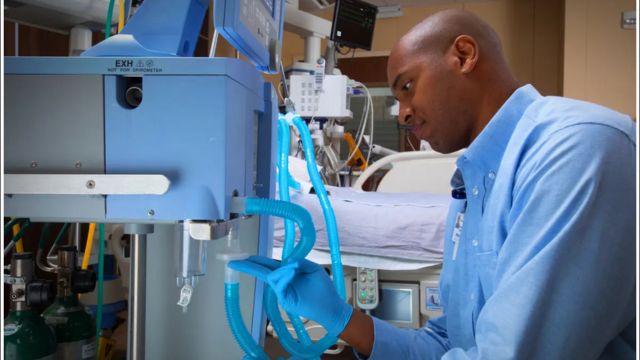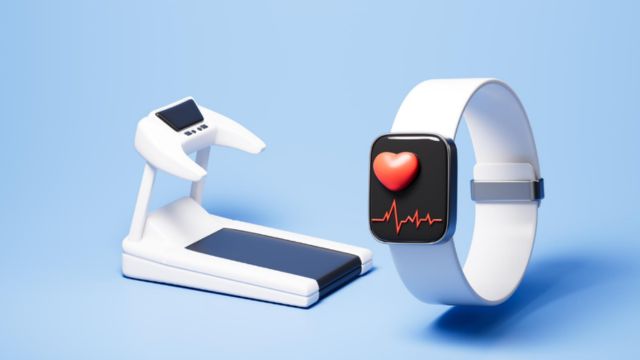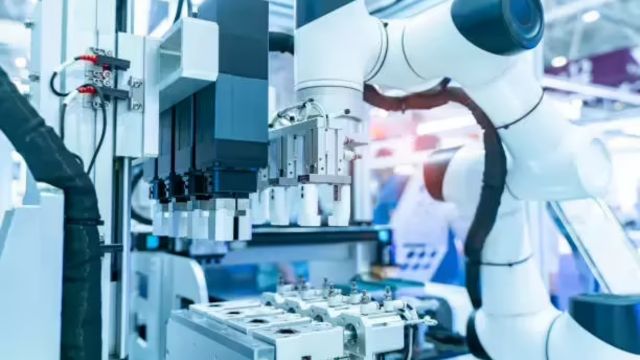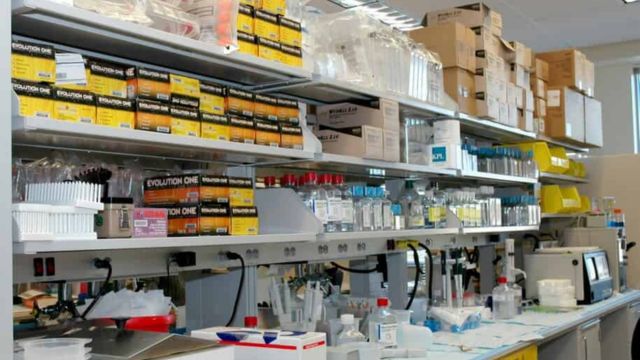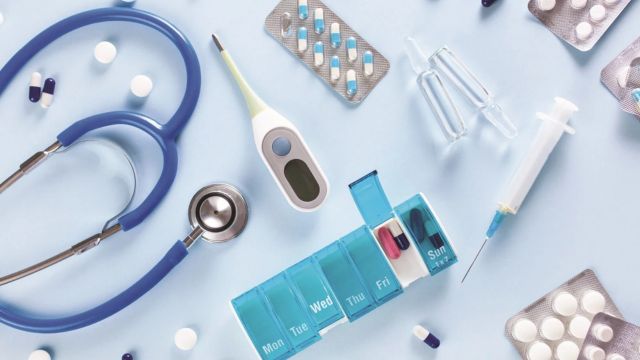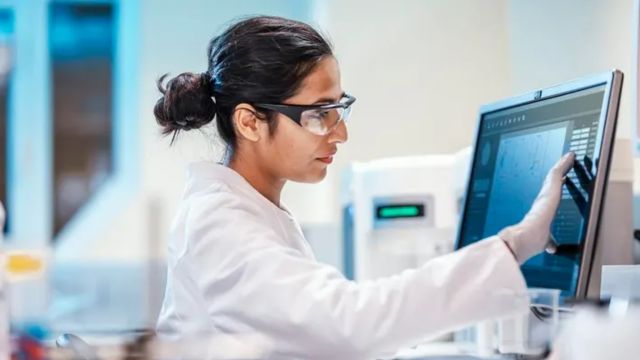The main concern in hospitals is patient safety; so, clinical engineering is very important to guarantee that medical equipment is not only practical but also safe for usage. Preventing device-related infections is one of the most important issues hospitals deal with since it can cause major health problems, prolong hospital stays, and maybe death. Clinical engineers are absolutely essential in reducing these infections since they guarantee that medical equipment satisfies the best criteria of safety, hygiene, and performance, therefore bridging the gap between technology and healthcare.
Growing Concern Regarding Device-related Infections
Although they are crucial for patient diagnosis, monitoring, and treatment, medical gadgets can also act as channels of infection. Often implanted into the body or come into close touch with sensitive tissues, devices like ventilators, infusion pumps, catheters, and surgical tools Device-related infections (DRIs) can result from hazardous bacteria introduced into the body by improperly maintained, cleaned, or sterilized devices.
The Centers for Disease Control and Prevention (CDC) actually indicates that hospital-acquired infections (HAIs) are mostly caused by infections connected to medical devices. These infections can greatly boost healthcare expenses, shorten hospital stays, and aggravate patient morbidity. In operating rooms and critical care units (ICUs), where the use of intrusive devices is somewhat prevalent, the situation is especially concerning.
You may like this: How Clinical Engineers Ensure Compliance with Healthcare Regulations
How Clinical Engineering Might Help to Prevent Device-related Infections
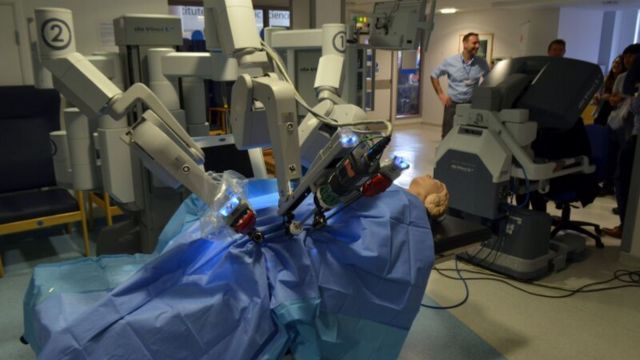
Reducing the risk of device-related infections depends on clinical engineers in great part. Their efforts guarantee that medical equipment complies with strict safety criteria, is cleaned and sterilized correctly, and is operating as it should. Key methods clinical engineering helps lower infections are listed below:
Medical equipment calibration and maintenance
Ensuring correct maintenance and calibration of medical equipment is one of the essential duties of clinical engineers. Regular inspections of medical equipment—including dialysis machines, ventilators, and infusion pumps—guarantee their best performance. Inappropriate sterilizing or contamination resulting from malfunctioning or poorly maintained equipment might cause problems that might lead to illnesses. By keeping an eye on and maintaining these devices, clinical engineers help to guarantee they operate as expected, therefore lowering the danger of cross-contamination or device failure.
Verifying Correct Decontamination and Sterilization Techniques
To stop infections, many medical instruments—especially those used in invasive surgeries—must be completely sterilized. Setting and tracking sterilizing procedures for reusable equipment is done by clinical engineers. They guarantee that the sterilizing equipment at the hospital, including autoclaves, is correctly calibrated and operating to eradicate possibly present dangerous bacteria, viruses, and fungus on equipment. Their knowledge helps reduce the possibility of infection from incorrectly maintained tools.
Teaching Medical Professionals Correct Device Handling
Clinical engineers also teach members of the healthcare team correct medical device handling and use. Staff members are taught, for instance, how to set up and run ventilation equipment, how to correctly insert and remove catheters, and how to sanitize tools between usage. Clinical engineers lower the possibility of human mistake, which is a main cause of device-related infections, by making sure the hospital staff is competent in these operations.
Using infection control technology
Working with infection control teams, clinical engineers sometimes integrate modern technologies meant to stop infections. Medical equipment can be cleaned, for instance, using UV light systems following usage. Likewise, sophisticated filtration systems can be included into other equipment including ventilators to stop airborne infections. Assessed and applied by clinical engineers, these technologies help to enhance hospital infection control.
Frequent Monitoring and Risk Evaluation
Regular risk analyses carried out by clinical engineers help to find possible sources of infection connected to medical equipment. They make sure gadgets satisfy the needed criteria by tracking their performance and cleaning procedures. Clinical engineers assess newly introduced gadgets for infection control compatibility so as to make sure they do not expose patients to any fresh infection hazards.
Guaranturing Compliance with Guidelines and Laws
Clinical engineers make sure all medical equipment satisfies pertinent national and international infection control criteria. They guarantee adherence to local health authorities, the Food and Drug Administration (FDA), and international organizations for standardization (ISO). These criteria are meant to guarantee patient safety and reduce the infection risk. By ensuring that devices and procedures are compliant, clinical engineers also let healthcare facilities be ready for regulatory body inspections.
The Prospect of Clinical Engineering in Infection Control
Clinical engineering will develop together with medical technology. More advanced technologies including artificial intelligence (AI), wireless sensors, and real-time monitoring systems—which will be included in medical devices—will present even more chances to prevent device-related infections. Implementing and preserving these technologies will be mostly dependent on clinical engineers, who will guarantee that they are correctly integrated into the clinical environment and that their usage does not endanger patient health by means of new hazards.
Furthermore, the emphasis on tailored medicine and patient-centric care will force clinical engineers to adapt and invent to meet the particular needs of individual patients, especially those at higher risk of infections, including immunocompromised individuals.
You may like this: How Clinical Engineering Teams Improve Healthcare: Effective Collaboration with Medical Professionals
Conclusion
Minining device-related infections in hospitals depends critically on clinical engineering. By means of preventive maintenance, appropriate sterilizing techniques, staff education, and modern technology integration, clinical engineers greatly lower the risk of infections resulting from medical equipment. Their knowledge guarantees that hospitals offer patients a safer surroundings and enhances general healthcare results.
Our goal at J&J Supplies is to constantly provide the most recent clinical engineering and medical supply knowledge. Keep yourself updated on best standards in infection control and device safety. Visit our website to learn more; never hesitate to get in touch with us for updates on fresh trends and technology in healthcare. We can help your clinical engineering demands whether your search is for in-depth knowledge or dependable supplies.

